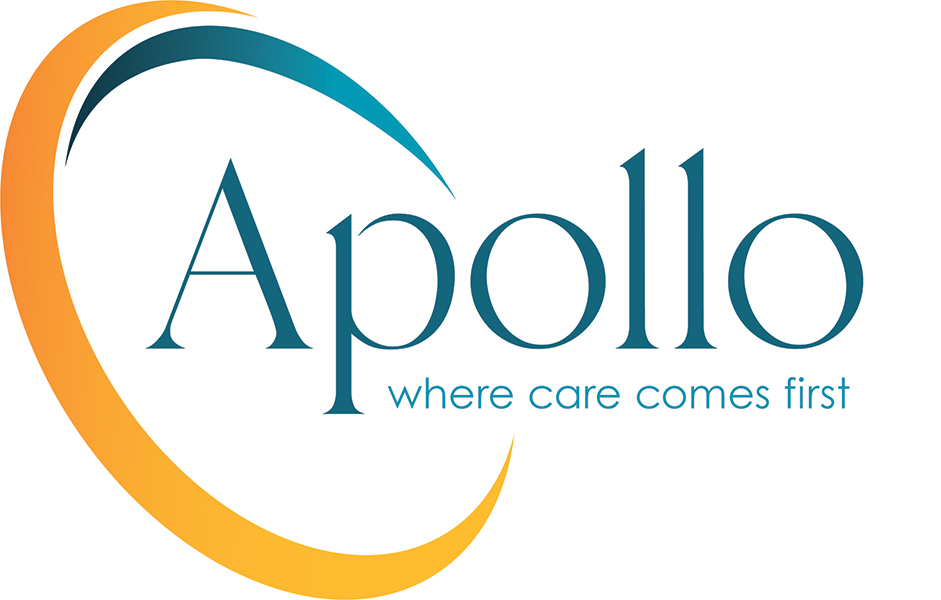Many people living with terminal (incurable) illnesses wish to receive their care at home. Apollo Care Liverpool’s palliative care service offers those nearing the end of their lives the chance to remain in the comfort of their homes, surrounded by those they love.
In this article, we’ll explore what palliative care is and how to get it.
Palliative care aims to make you as comfortable and relaxed as possible when you’re living with a terminal illness. Treatment and care usually include symptom management and practical support to help you plan for the future or organise medication and equipment to give you a good quality of life.
Palliative care also involves psychological, social and spiritual support for you and your family or carers. This holistic approach supports you as a person rather than focusing on just your illness or symptoms.
Typically, a range of healthcare professionals, including your GP and community nurses, coordinate the care of people with an incurable illness. Specialist palliative care consultants, nurses, occupational therapists, and physiotherapists may provide additional care.
The NHS offers many aspects of palliative care, such as support from your GP or other health and social care professionals.
Sometimes, you may have to, or prefer to, pay for particular types of support, including social care or home care. The cost will depend on where you live and your financial situation.
Yes. Family, friends, and carers can access emotional and practical palliative care. For example, they may be able to attend group or individual counselling sessions or speak with a social worker about making adjustments at home.
If you’re receiving palliative care from a hospice or other local service, the people close to you may also be able to get support from them.
Even if you decide against receiving palliative care, the people close to you can still get support from their GP, your GP or other health and social care professionals.
Palliative care can be provided in various places, including your home, hospital, hospice, care home, or nursing home.
Your healthcare professional can tell you what palliative care services are available in your area, where they are based, and how to access them.
Apollo Care Liverpool offers an at-home palliative care service which:
- Eradicates being in a hospice or hospital
- Ensures your needs are reflected in your care plan
- Offers an open line of communication between patient, family and others involved in the patient’s care regime, such as GPs, other NHS staff and private health care professionals
The professionals involved in your care will depend on the care and support you need.
It’s essential for the patient to receive the best level of care from a specialist in palliative care. Our care staff are fully trained and provide palliative care services following an individualised plan we review daily.
Yes. Whilst palliative care can include end-of-life care, it’s usually broader and lasts longer. Although it often transitions into end-of-life care, palliative care is available when you first learn you have a terminal illness.
You can receive palliative care alongside other treatments for your condition.
Meanwhile, end-of-life care offers treatment and support for people nearing the end of their lives. It’s usually provided to those who are thought to be in the last year of their lives. The aim is to help someone be as comfortable as possible in the time they have left and arrange for the finalisation of practicalities like Wills and wishes.
You can also search online for palliative care services near you or contact Apollo Care Liverpool for local, expert advice.
___
If you’d like more information about our Palliative Care service, we’re here to help.
Call us today on 0151 944 2119 or send us an enquiry via our contact page.


